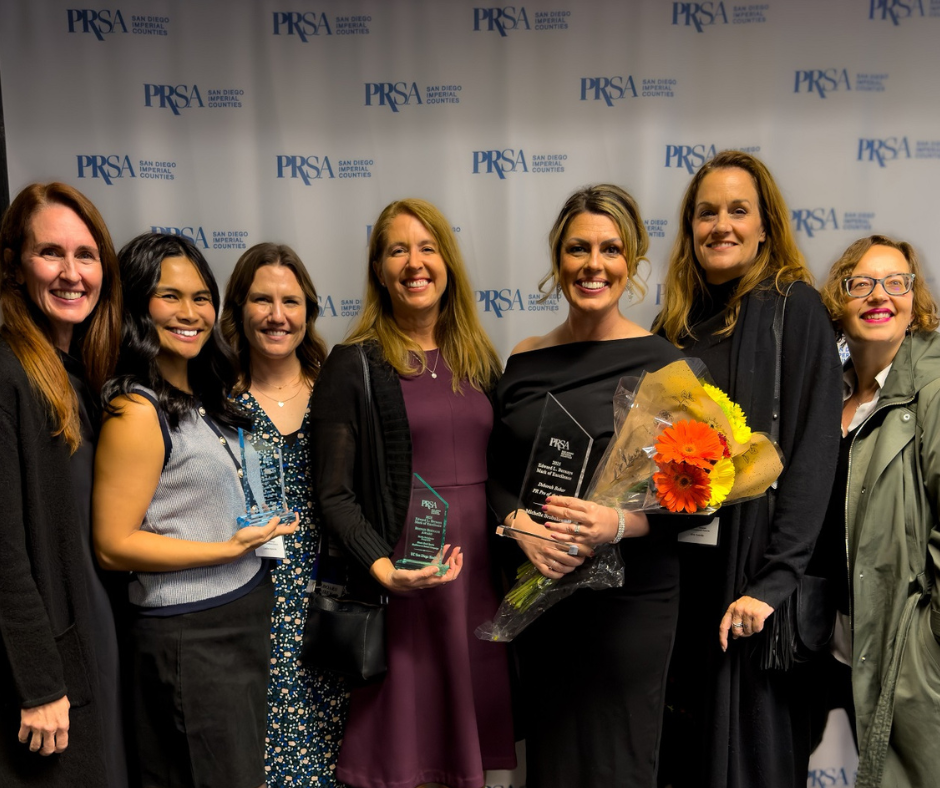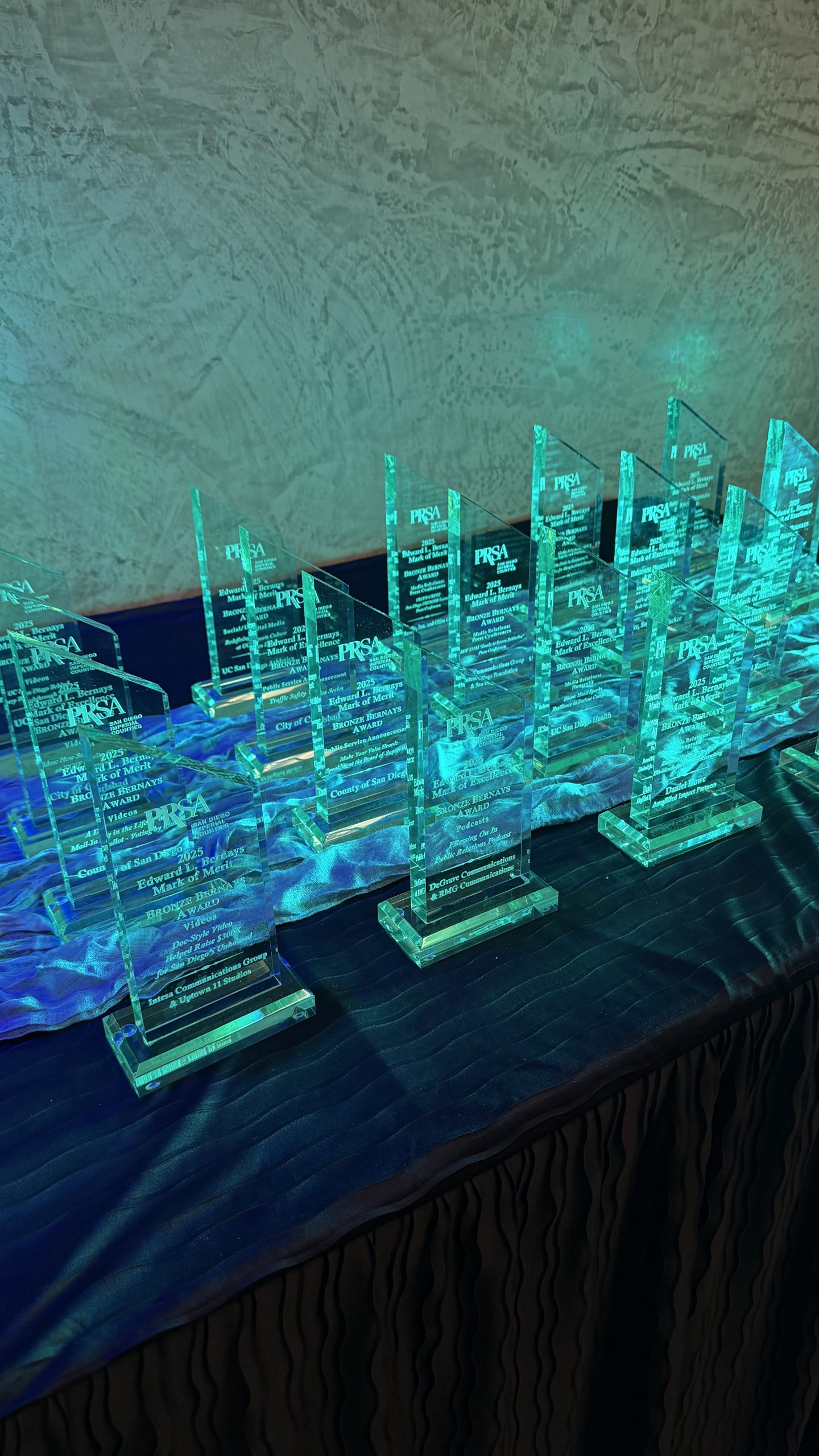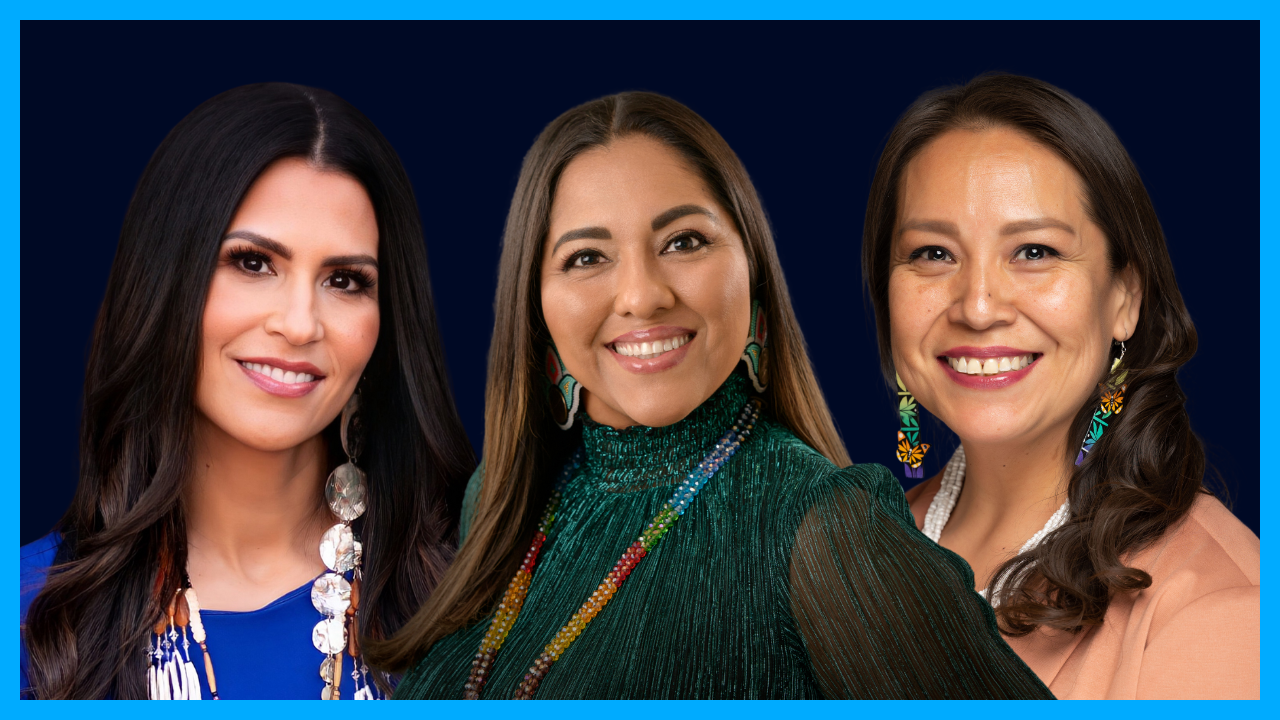Why is San Diego home to the world’s premier convention dedicated to comics and the popular arts? How did this year’s Comic-Con attract more than 135,000 attendees, including thousands of reporters from 26 countries? The enduring, internationally renowned success of Comic-Con is a result of the passion and hard work of a dedicated group of San Diegans— notably, David Glanzer as San Diego Comic Convention’s Chief Communications and Strategy Officer.
This year, PRSA SD/IC awarded Glanzer with the Otto Bos Lifestyle Achievement Award at the Edward L. Bernays Mark of Excellence Awards. See the full list of winners.
Since 1984, the San Diego Convention Center team has worked closely with Glanzer before and during each Comic-Con event. Under his leadership, Comic-Con has experienced nearly unimaginable growth, expanding from a small comics convention into the largest event the Convention Center hosts each year— one that generates an annual regional economic impact of more than $160 million.
Hear from him directly in this one-on-one spotlight:
You’ve been with Comic-Con since 1984, first as a volunteer. What was it about the event and its mission that inspired you to stay and eventually take on a leadership role?
The truth is at Comic-Con I found people who were passionate about comics, film, science fiction, basically so many of the things I loved. But what was remarkable is that they built this convention to celebrate and promote those art forms.
As a kid, I don’t know that I had ever thought of comics or science fiction as art. To me, they were fun, sometimes thought-provoking, but always entertaining. At Comic-Con I found a group who believed that much of the “entertainment” I enjoyed also had intrinsic artistic significance.
Having been a fan of film since I was a child, I felt some vindication when Congress established the National Film Registry in 1988 and added to that the recognition, after too long, of the significant contributions made by comics creators and science fiction and fantasy authors. I mean, Comic-Con was a group who proudly proclaimed that this stuff had more merit than simply entertainment. They could be and should be celebrated as forms of art. And they had this belief long before it was acknowledged by society as a whole.
Can you share a pivotal moment in Comic-Con’s early days where you realized the event had the potential to become a global phenomenon?
I started attending as a fan in 1978, so the event and organization had already been around for some time. Honestly, I don’t think any of us ever thought about the impact the event would have, let alone that it would become a global phenomenon. But I do remember being amazed at the guests who attended Comic-Con—comics creators, actors, authors, film and television writers and producers. I mean here was this event where you could watch these respected and admired individuals talk about their craft. One panel after the next was like a master class in creating comics, acting for film or television, writing and drawing. I mean there was just so much going on that it was impossible to take in everything the event had to offer. So I don’t think I realized how big it would become, but I honestly did think if people knew what went on inside the walls of the event, they would also want to attend, and the sky would be the limit to its popularity.
What do you consider to be your biggest accomplishment in helping shape Comic-Con into the internationally renowned event it is today?
It does take teamwork. Comic-Con has always been a collaborative effort. The forward-thinking presidents, past and present, staff, members of the board of directors, committee, and volunteers all have a hand in the success we have achieved. Being guided by a mission to celebrate and promote popular art has been the benchmark of our success. A friend recently said most companies judge success based on revenue and even growth. He felt, and I agree, that Comic-Con judges its success on the positive experience we can give attendees. I really do believe the positive experience our attendees have results in them wanting to return and, in many cases, encouraging their family or friends to attend as well. They become evangelists for our brand and we owe it to them to stay true to that trust and not let them down.
As Comic-Con grew to a massive global event, how did you adapt your PR strategies to manage the increasing scale and complexity of the organization? What key lessons did you learn while navigating its growth that could help others facing the challenge of managing a project or client that’s expanding faster than anticipated?
It’s going to sound incredibly simple and I guess it is. To me, the key is to stick to your ethics, and your goals, try not to get caught up in the cacophony of noise that may surround you. When things begin going well, it’s easy to get pulled in different directions. As a friend once said, “never confuse fad with fashion.” I think his meaning was there are always things that are popular, but do they resonate? This isn’t to say that enjoying something simply because it brings you joy isn’t worthy, but when you have limited time, limited space and limited resources, it might be best to rely on what got you to where you are. Of course be open to new things and new ideas, but keep your eye on the things that define you.
When I first started at Comic-Con our marketing was targeted primarily to comic book fans. After all, we could speak to them in shorthand. They knew who Jack Kirby was, Ray Bradbury, Milton Caniff, Chuck Jones, and the list goes on. However, the general public may not have been as aware. I really felt we should try enticing ‘non-fans’ to the show because I was certain that they would be awestruck by all the goings-on and would discover things they found interesting and maybe even eventually identify as fans themselves.
By focusing on Comic-Con’s mission of education and outreach, you helped elevate the appreciation of comics and related arts on a global scale. When you first started shifting the narrative, did you anticipate the far-reaching impact this would have? Can you share the personal and cultural significance of this shift for you, and how you see it influencing the future of comics beyond the convention walls?
I don’t think the narrative shifted but rather the public finally started to gain an understanding of who we were and what we were trying to accomplish. Many people think Comic-Con started as a convention dedicated only to comic books. The truth is our focus was comic books, but also film, science fiction and fantasy.
Frank Capra, the noted film director, was a guest at one of our first shows. Again, we focused on areas of entertainment that we felt had artistic merit. As more and more of the public began coming to Comic-Con they realized that they could be fans of popular art as well. It wasn’t as if you could only be a fan of one thing. People discovered you could be a dedicated fan of football, and movies. Of hiking, camping, travel as well as comics, and games and toys. That it was okay to enjoy all of what we had to offer and, hopefully, learn something along the way.
I still remember a friend expressing an interest in attending the show, but didn’t want to wear a costume. It never occurred to me that people saw all the costumed attendees on the news and might think a costume was necessary. I then hired a handsome young actor I had seen in a local play, dressed him in a coat and dress slacks, and had him talk about all the cool and fun things people could see and do at Comic-Con. I don’t know if it worked, but my intent was to show the general public that Comic-Con was focused on comics and popular art, but also that EVERYONE was invited.
You’ve been heavily involved in San Diego’s local community through various initiatives. How has your work with Comic-Con influenced your approach to community leadership?
I’ve been very lucky to have met many leaders within the San Diego community and beyond. If there is one thing I learned, that would be to just be honest, be yourself. A colleague once confided to me ” people think we’re this big influential organization when we’re really just a small group trying to do the best we can.” I agree with that. The things I’ve learned is to be honest, be yourself and do the very best you can.
I don’t feel I function well in certain settings. I think lots of people have insecurities and I am no different. When you are meeting a person you admire and respect, or a leader who holds a lot of sway in any number of scenarios, it’s easy to wonder “What am I doing here?” But you are there because you have something to say, and they want to hear what that is. So I think I’ve learned to be myself. The good and sometimes not so good, but always honest.
What advice would you give to young professionals looking to make a lasting impact in the fields of marketing, PR, or event management?
I always say, ‘share, don’t sell.’ What I mean is be passionate about your work. Be an evangelist for your content. If you truly believe in your product, your enthusiasm can be enticing. If you are just trying to sell something you don’t think is worthy or has merit, your public will see that. Even worse, no one wants to sell something that doesn’t deliver and certainly no one wants to purchase a product that doesn’t live up to its hype. You are as good as your reputation and it’s important to stay true to yourself and your ethical standards and then, hopefully, one day your peers will recognize you for the hard work and commitment you’ve given to your career. And what better icing on the cake to have those you respect, also respect you!
